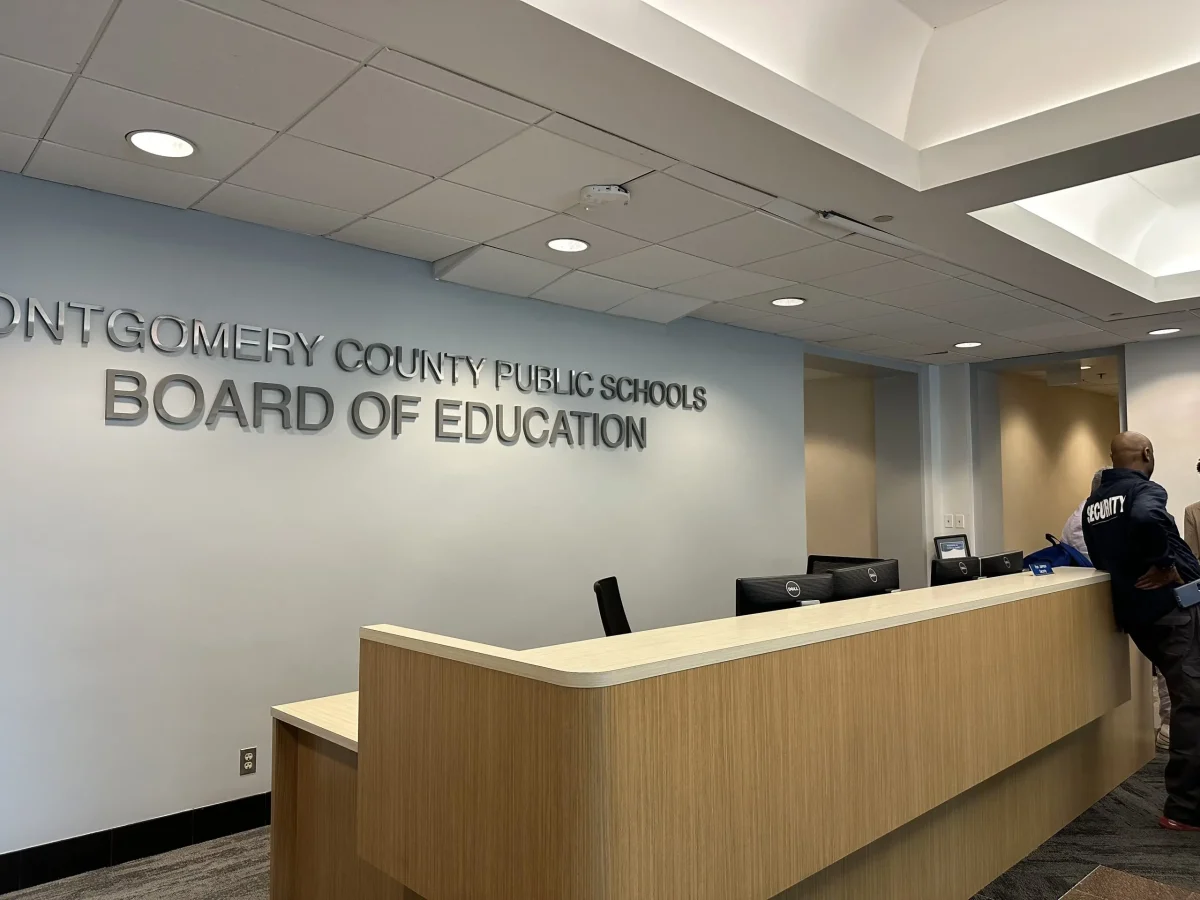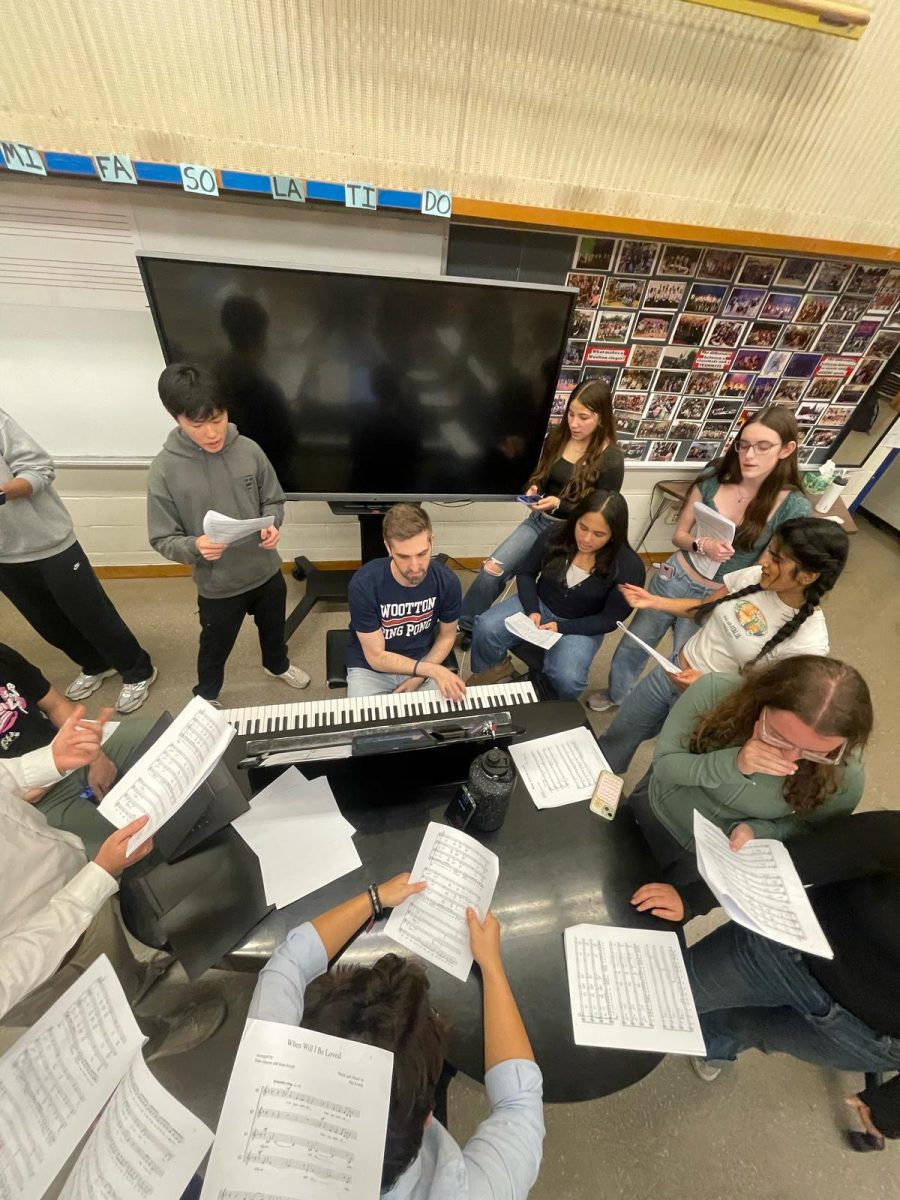When was the most recent time you went to the library by choice and, while there, checked out a book?
I’ve been to the library quite a few times as a student; world history, Spanish, junior seminar and various English classes have all guided me there. But upon reflection of these various visits, it has occurred to me that not since my sophomore year have I found myself at the library purely for the purposes of my own enjoyment, and not in the least for love of literature.
Before the days of one sole lunch period, the library was a fairly empty, quiet place to journey during lunch that could allow you to get on a computer or sit and chat with friends at the tables. It was a nice change of scenery from the sour odors of the cafeteria and provided an opportunity to focus on work that isn’t always possible in the loud and uncomfortable Commons.
But following the implementation of the one-lunch policy in fall of 2016, the entire school was suddenly opened for use during lunch. If you need a quiet place to study, the library no longer seems like the right place to do so. Instead, it is constantly filled with the unending ring of loud chatter and, unless you sprint immediately after your fourth period class, claiming stake to a computer is an extraordinary challenge. Students have acknowledged these factors and decided that the best way to circumnavigate this mess is by doing work in another room with computers, such as one in the technology wing or the newspaper room.
Aside from feeling the influence of the chaotic one-lunch, the library has fallen victim to a simpler truth: students today are incredibly busy, and time for free reading not assigned by a teacher is a luxury that few can enjoy. The once-prominent “lunch reader” has slowly dissolved into the far more common “lunch phone user.”
With the generally-accepted collapse of summer reading this year (you must attest: compared to previous years, it was taken far less seriously) it almost feels like the one pioneering project of the library has led it into a state of lost legitimacy. Still, it feels like the library has not done everything in its power to attract students. A prize system for students who take on more books could be an excellent way to do this. I was also pleased to see that the Mystery Club set up an interesting station that generated some discussion about things going on in a once-peaceful place.
For love of learning, and for love of literature, the library must live on. But if it cannot adapt in response to the modern issues that only continue to expand, then soon nothing will be able to stop the growing distance between student and book.
Matthew Klein
Managing Editor







![The 2025-2026 Editorial Board Alex Grainger, Cameron Cowen, Helen Manolis, Emory Scofield, Ahmed Ibrahim, Rebekah Buchman, Marley Hoffman, Hayley Gottesman, Pragna Pothakamuri and Natalie Pak (Chase Dolan not pictured) respond to the new MCPS grading policy. “When something that used to be easy suddenly becomes harder, it can turn [students’] mindset negative, whereas making something easier usually has a better impact. I think that’s where a lot of the pushback comes from. But if you put emotions aside, I do think this change could help build stronger work ethic,” Ibrahim said.](https://woottoncommonsense.com/wp-content/uploads/2025/09/fqr5bskTXpn0LRQMmKErLuNKdQYBlL726cFXBaWF-1200x900.jpg)
